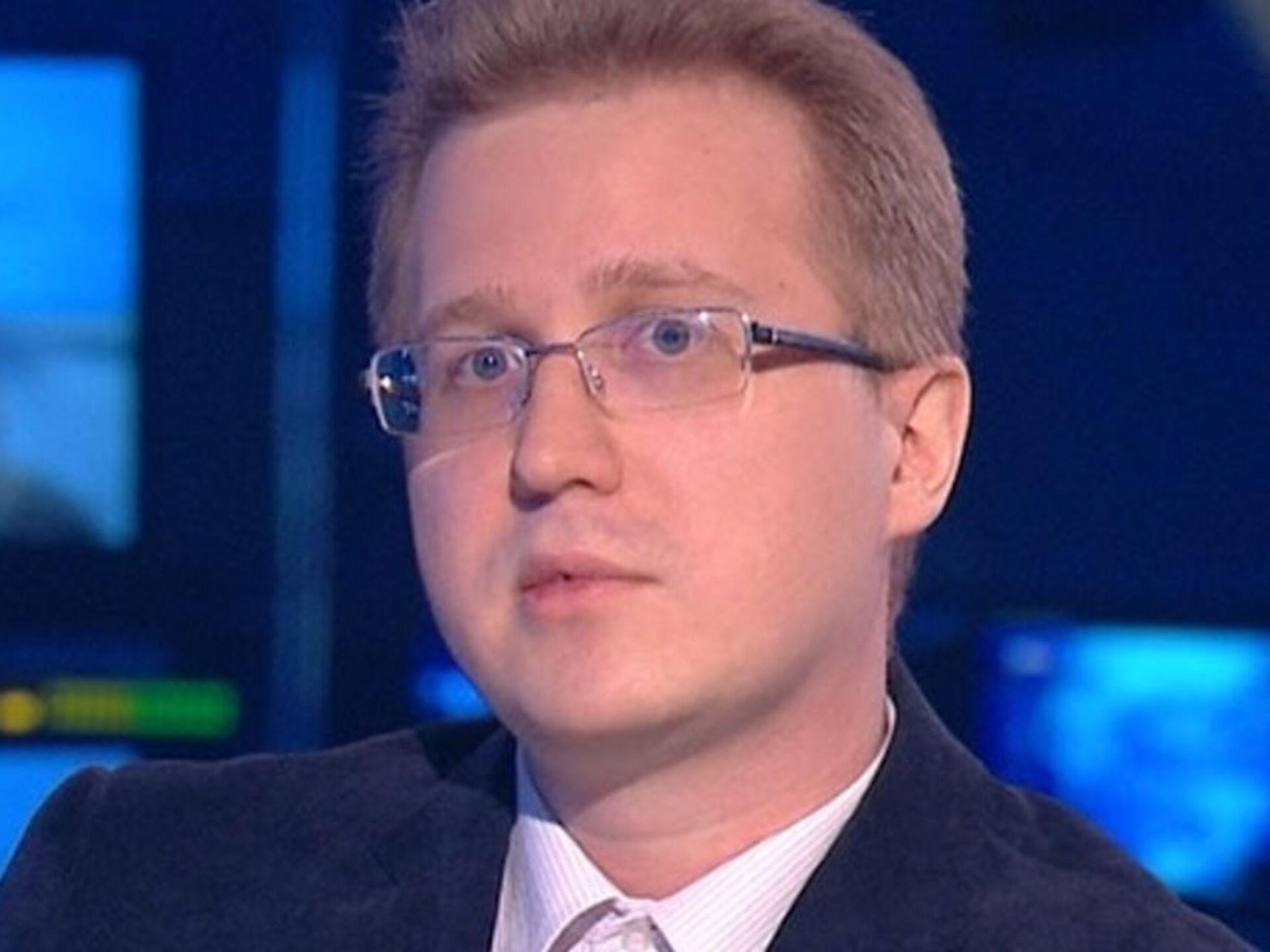Armenian-Russian relations are "stuck" in Upper Lars Pundits comment on situation on Georgian border
Problems with a large number of Armenian trucks stuck at the customs checkpoint "Upper Lars" on the border between Georgia and Russia have quickly turned into a political scandal. Yerevan has already started to interpret what is happening in its own way.
Thus, in the opinion of Armenia faction MP Artur Khachatryan, "the situation created at the Upper Lars checkpoint is related to the current tension in Armenian-Russian relations."
"I do not rule out that this move by Russia was a certain message. Rospotrebnadzor and Rosselkhoznadzor not only control the market but are also a political factor. It is obvious that no matter what Pashinyan says, referring to his relations with Putin and his statements, the relations are very tense and this cannot but influence public sentiment," the Armenian MP said.
Meanwhile, Armenian media also write about alleged specific bans by Russia. In particular, the lorries of the "Rose Field" company, which exports roses from Armenia, have been standing at the Lars checkpoint for the fifth day already, because they cannot pass the Russian phytosanitary control.
What is actually happening? Are Armenian trucks unable to get to Russia due to tough weather conditions or is the Russian side punishing Armenia for its drift toward the West? Caliber.Az asked foreign experts to answer this question.

As Russian political technologist and analyst Konstantin Kalachev noted, the ardour of Armenian MP Khachatryan is understandable, saying that we will soon lose the benefits of economic relations with Russia and that Pashinyan is to blame for everything.
"In my opinion, Armenian National Assembly deputy from the opposition faction 'Armenia' Artur Khachatryan is on the warpath with the country's Prime Minister.
As for the situation with the traffic jam at the Upper Lars checkpoint, the problem is still the weather conditions. But remembering certain peculiarities of Russia's relations with its allies and partners, we can expect anything. There is nothing new here. We can recall how Belarusian 'dairy products' disappeared from the shelves, etc. There were such messages, so why not repeat them, if the Russian leadership decides that Armenia is crossing the "red lines" in its relations with the West?" Kalachev noted.

According to Shota Apkhaidze, a Georgian political scientist, director of the Centre for Islamic Studies of the Caucasus and an expert at the Financial University under the Government of the Russian Federation, the Upper Lars checkpoint often operates in extreme conditions due to its location in a narrow gorge, so it simply cannot cope with the volume of cargo.
"The throughput capacity of Upper Lars worries not only Armenia but all countries in the region, as well as Turkey, Iran, Kazakhstan and others.
As for the Armenian MP's statement, I think it is not quite a reasonable statement, even perhaps incompetent. Logistical problems due to weather conditions at Upper Lars are a well-known phenomenon. Sometimes, under particularly harsh weather conditions, Upper Lars can even close for a few days," the political scientist stressed.
Therefore, he said, there are plans to expand Upper Lars, because the problem is extremely urgent. But the opinion that Russia creates some artificial barriers for the passage of goods, in his opinion, does not stand up to criticism.
"Why should Russia create such obstacles, and detain Armenian lorries, when together with them Russian, Iranian, Chinese and many other cargoes get stuck at the border? And it is not a coincidence that it is Chinese companies that have taken up the task of improving the throughput capacity of the Upper Lars, they are very interested in this. So this is more a politically motivated statement than reality," Apkaidze noted.
Also, according to him, Georgia cannot be involved in any way, although sometimes such accusations are made against it.
"No one oppresses Armenia, on the contrary, the entire turnover of Armenia today, the rise of its economy exists at the expense of Russia. The paradox is that while Armenia is going to break military-political ties with Russia, its entire economy depends on Moscow," Shota Apkhaidze believes.

According to Stanislav Mitrakhovich, a Russian political scientist, expert from the National Energy Security Fund, and researcher at the Financial University under the Russian Government, he has no detailed information about specific Armenian vans that cannot get to Russia in any way, but noted that Armenia's distancing from Russia cannot but affect trade relations between the two countries.
"When statements are made in Yerevan that Armenia may leave the integration mechanisms in the post-Soviet space, created under Russian leadership, at the Russian initiative, it is difficult for me personally to assume that trade will not be affected. Probably, it is necessary to solve such issues not only through technical agreements, and discuss phytosanitary control, but to solve the issue globally - is Armenia going to stay in the EAEU or not? Is it going to break many other agreements in the sphere of joint integration or not? Depending on the answer to this question, we will see the trends in trade," Mitrakhovich concluded.








